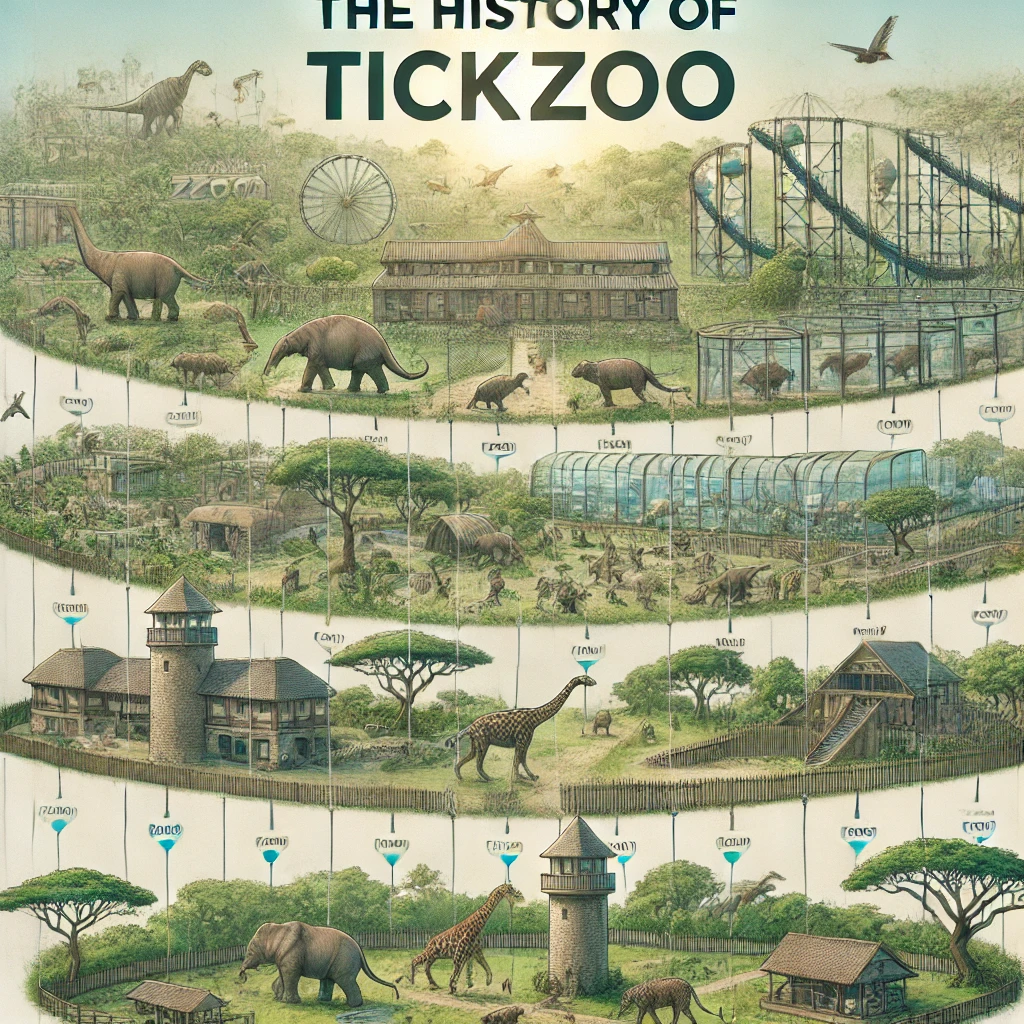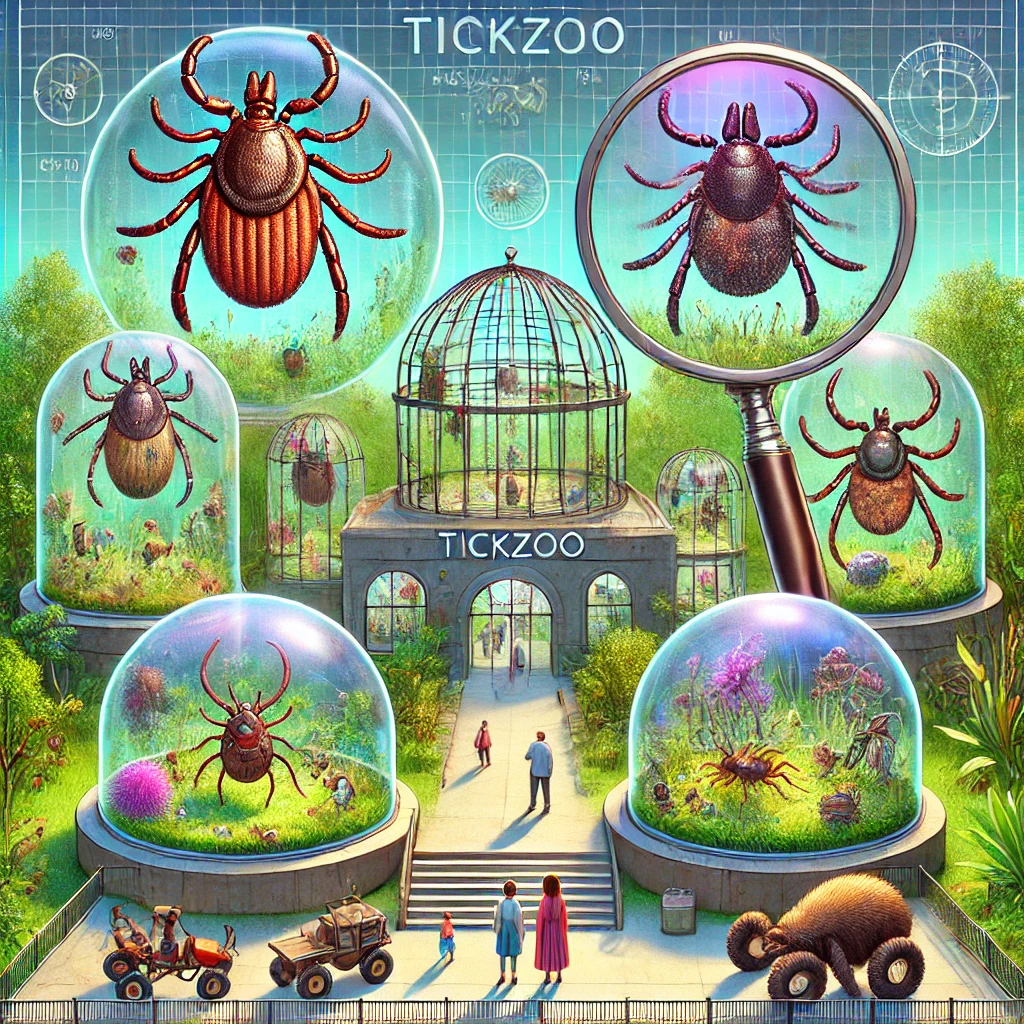TickZoo was a controversial online platform that attracted global attention for hosting a variety of provocative and contentious content. This platform built a reputation as a hub for topics that were often deemed taboo or morally questionable, with the most prominent and notorious content involving highly divisive themes. Users would visit the site to engage with these topics, which were not typically hosted by mainstream platforms due to legal, ethical, or societal concerns.
Although the site developed a niche user base, it was often met with public outcry and legal challenges, which eventually led to its downfall and mysterious disappearance from the internet.
The History of TickZoo

TickZoo began as a relatively obscure platform, but quickly gained traction for offering users access to content and discussions that were otherwise shunned or censored by traditional platforms. The website operated in a gray area legally, which meant that while it wasn’t immediately shut down, it was under constant scrutiny by various regulatory bodies. The platform often saw a surge in users from communities that were interested in exploring fringe subjects, contributing to its rise in popularity.
Despite its growing user base, TickZoo’s legal standing was tenuous. As the platform became more well-known, authorities began investigating its content, leading to public debates about the limits of free speech and expression on the internet. This brought about a series of legal challenges and media controversies that forced TickZoo to adapt and evolve, sometimes taking the site offline temporarily while avoiding permanent shutdown.
Content and Controversy

The content on TickZoo covered a range of topics, but it was infamous for featuring discussions and media that were considered inappropriate by mainstream standards. The most controversial aspect of TickZoo was its role in circulating explicit material and allowing forums for topics that bordered on illegal activities. This naturally caused uproar among various advocacy groups, regulators, and governments. Due to the lack of stringent monitoring and the site’s ability to evade legal repercussions for a while, it fostered an environment where users engaged freely in these discussions.
Critics argued that TickZoo was a breeding ground for unethical behavior and illegal activities, pointing out that the platform’s content often encouraged harmful societal norms. In contrast, proponents of the platform claimed it was a space for open discussions and that TickZoo was simply supporting freedom of expression, no matter how controversial the topics may be.
Legal Challenges and Shut Down
The legal challenges that surrounded TickZoo were not only tied to the content it hosted but also to the platform’s global reach. Different countries had varying laws regarding online content, but the international nature of TickZoo made it difficult for authorities to shut it down immediately. However, over time, legal pressure mounted, and several investigations were launched to determine the extent of illegal activities associated with the site.
Eventually, TickZoo faced multiple lawsuits, and governments worked together to take down the site. Despite efforts to keep the platform running, its mysterious disappearance indicated that either legal action had finally caught up with it, or the platform’s creators decided to shut it down voluntarily due to the ongoing scrutiny and backlash.
Impact and Legacy
TickZoo’s closure left a significant impact on the internet landscape. Its rise and fall became a cautionary tale about the balance between free speech and the need for ethical oversight on digital platforms. The controversy surrounding TickZoo also fueled discussions about the role of governments and tech companies in regulating online spaces without infringing on individual freedoms.
For some users, TickZoo represented a unique space where they could explore content and engage in conversations that they felt were otherwise censored or marginalized. For others, the platform was a dark reminder of how easily the internet could be exploited for harmful purposes. Ultimately, TickZoo’s legacy is one that reflects the complexities of free expression in the digital age and the challenges of ensuring that online spaces are both open and safe for all users.
Conclusion
TickZoo’s story, from its rapid rise to its controversial fall, serves as an important case study in the evolution of internet platforms. It illustrates the delicate balance between fostering open communication and ensuring responsible content management. While TickZoo is no longer operational, the debates it sparked about freedom, censorship, and legality in the digital age continue to resonate in today’s internet culture.
If you have any specific questions or need further information about the topic, feel free to ask!

